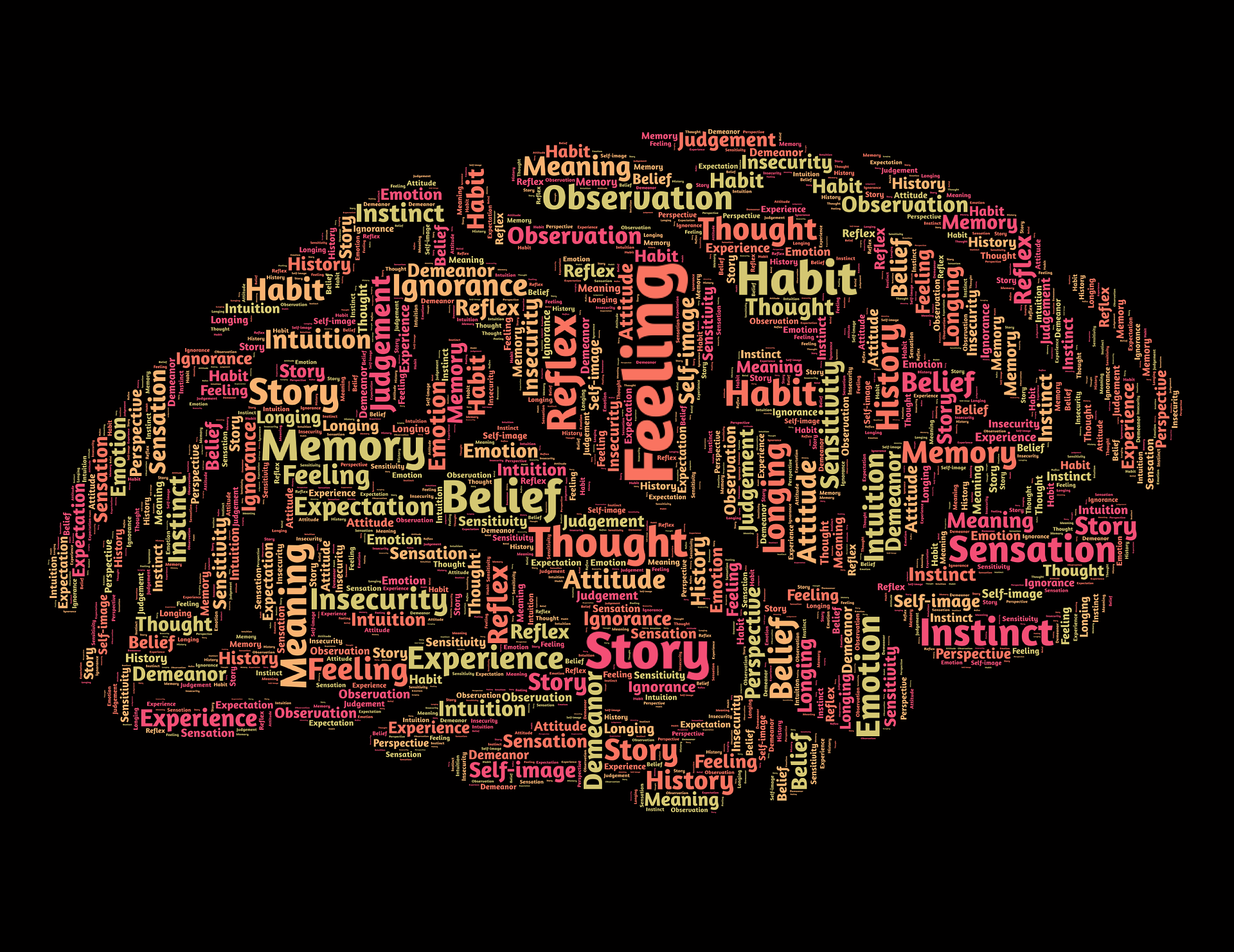Human growth hormone therapy is the most commonly used treatment for growth hormone deficiency. With this treatment, growth hormones are injected into the bodies of both adults and children. If a child has hormone deficiency, the growth hormone can be injected by a family member; adults can self-administer the treatment. Typically produced in the pituitary gland, this hormone stimulates cell reproduction and growth in the body.
Once growth hormone therapy has been prescribed by your doctor, you will normally need daily doses of it. However, it may be needed more often based on the severity of your condition. Additionally, you will need to visit the doctor between 4 and 8 weeks during the treatment process; this enables him or her to monitor your condition. The doctor will assess your progress and carry out blood tests to assist in determining if you need additional growth hormone.
In addition, your doctor will periodically monitor your blood glucose levels, cholesterol levels and bone density to ensure they are at healthy levels. Human growth hormone can impact your body’s response to insulin, which is responsible for controlling blood glucose levels. Left untreated, growth hormone deficiency could result in osteoporosis and high cholesterol.
Where children are concerned, there are special considerations. Children who are injected with growth hormone grow at least 4 inches within the first year of treatment. Within the next 2 years, these kids could grow at least 3 inches. However, the growth rate starts to decrease after that.
Is It Safe?
Human growth hormone treatment is fairly safe and effective; however, a few side effects could be experienced. Thankfully, serious side effects are unusual. Numbness, swelling and muscle and joint pains are the most commonly experienced side effects.
These may be experienced, if you are taking more growth hormone than required. If you experience these symptoms, you should contact your doctor immediately. The amount of hormone you are taking will be immediately adjusted by him or her. Once the dose is adjusted, the symptoms should disappear.
Growth hormone injections should not be taken by individuals with cancer or tumors. Individuals with severe breathing problems, multiple trauma-related injuries or other serious illnesses should take these injections.
Getting enough sleep, exercising regularly and consuming a balanced diet are also vital parts of comprehensive human growth hormone therapy. Talk to your doctor about what you can do to incorporate human growth hormone therapy into a healthy lifestyle.














Leave a Reply